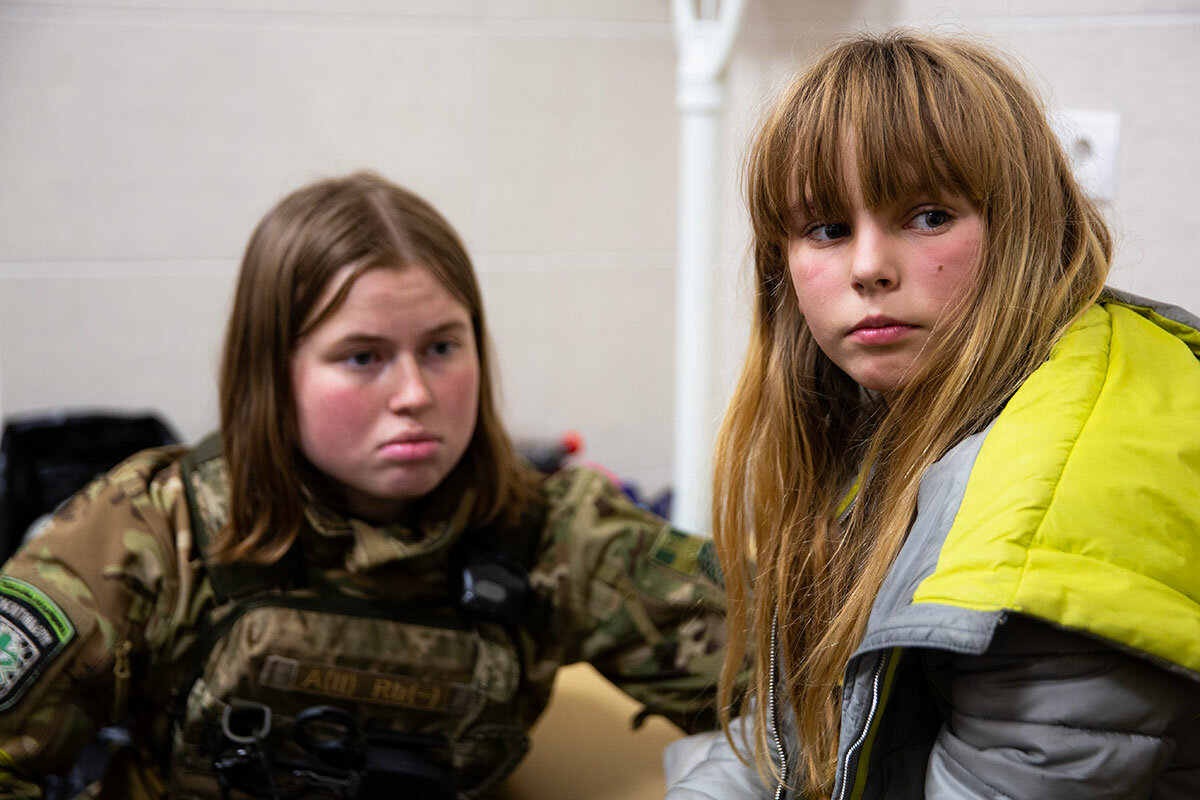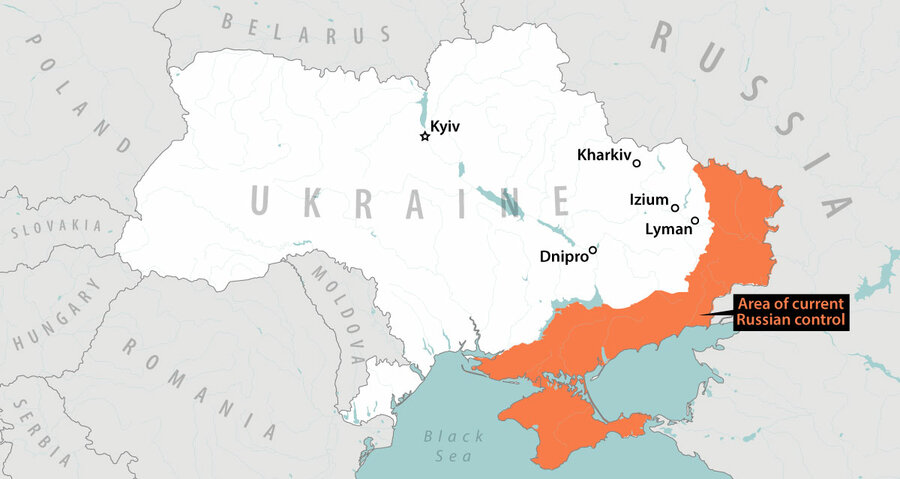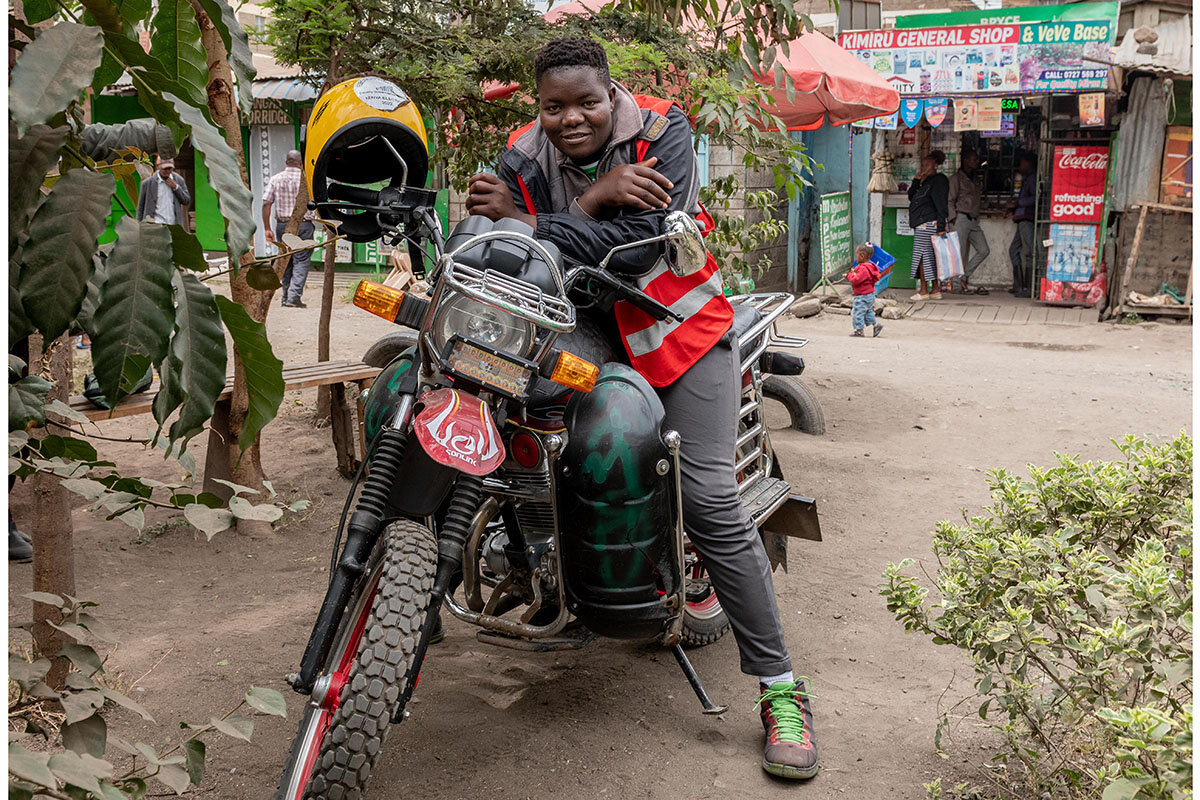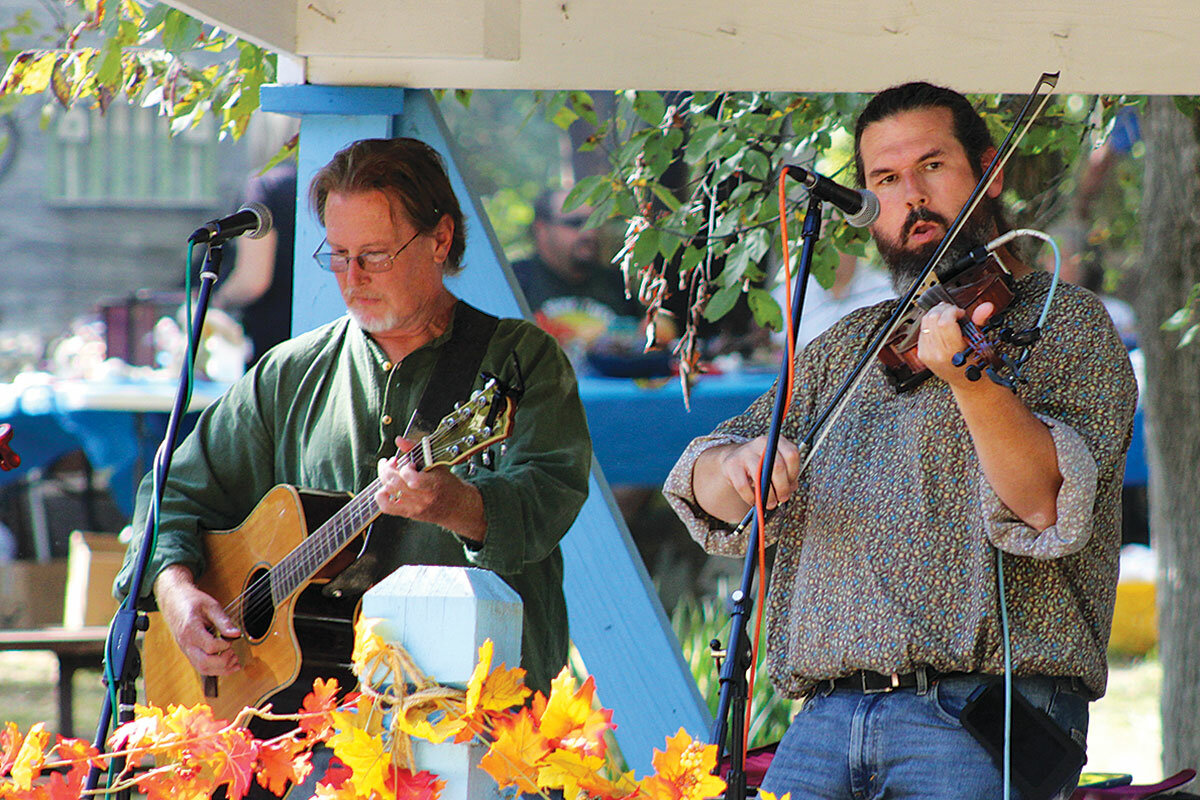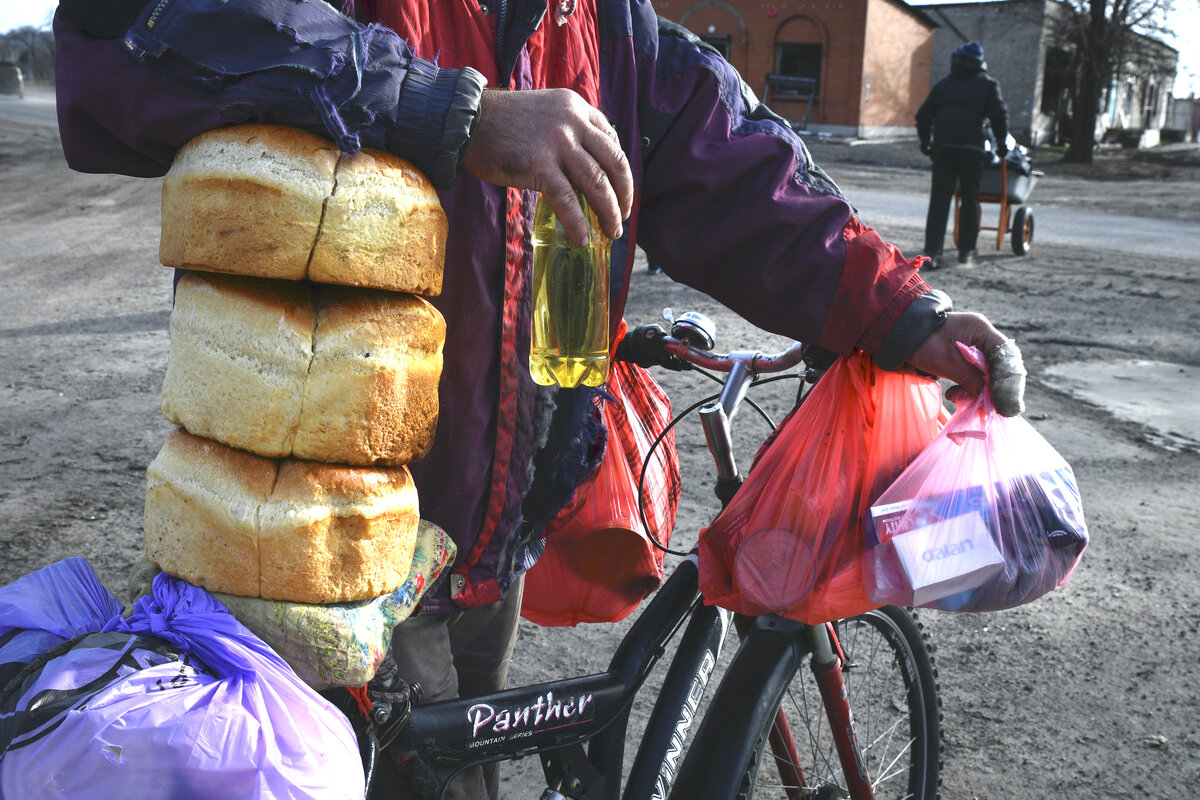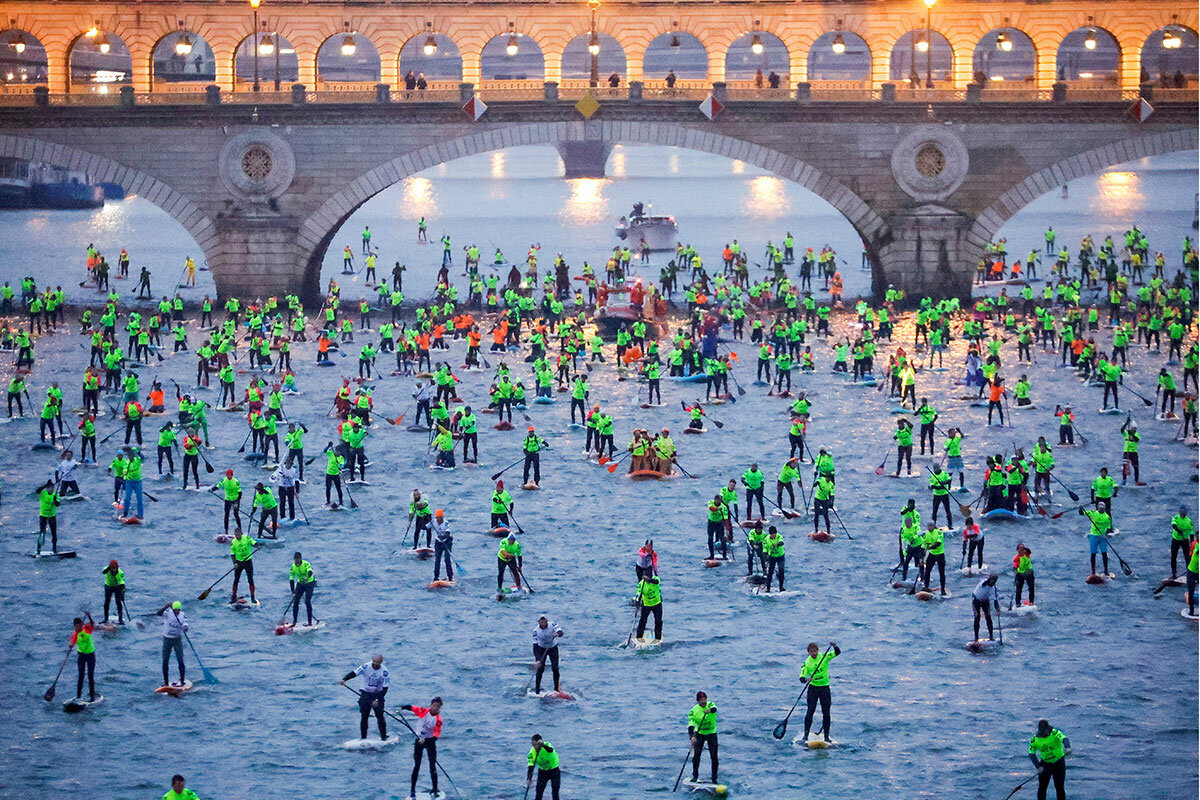Raphael Warnock edged out Herschel Walker in November in large part because he performed better with independents – and despite low Black turnout. What might that mean for Tuesday’s runoff?
Monitor Daily Podcast
- Follow us:
- Apple Podcasts
- Spotify
- RSS Feed
- Download
 Linda Feldmann
Linda Feldmann
For decades, even as a diehard sports fan, I have been impervious to the hype around the World Cup. To me, soccer mania has always been mainly a foreign thing. Yes, Americans do play – in youth leagues, on school teams, just for fun. And professional soccer in the United States, both men’s and women’s, definitely has its fans.
But even before the U.S. team lost on Saturday, most Americans just weren’t that into the World Cup. Only 27% said they were very or somewhat interested, according to an Economist/YouGov poll. With all respect to friends who follow “football” avidly, I have always found it rather dull. Love the highlight reel, but watch all 100 minutes (including “extra time”) of players running up and down a big field and rarely scoring? No thanks.
So for this World Cup, I set about analyzing why other sports are interesting, and hit a eureka moment. To me, it’s mostly not about the game itself, it’s about the players. What are their backstories? How did they attain this level of excellence? What are their superpowers?
The U.S. team, which failed to make the World Cup in 2018, has reinvented itself with young talent – and built on the core it had four years ago. Christian Pulisic, the pride of Hershey, Pennsylvania, is dubbed “Captain America” by the English professional team that pays him millions. New York-born Timothy Weah, a pro in France, is the son of Liberian soccer great and now-President George Weah. U.S. captain Tyler Adams wins kudos for his leadership both on and off the pitch.
It’s also been a pleasure to watch Argentina’s Lionel Messi, small of stature but a giant in his ability to control the ball, position himself in just the right spot, and of course score. A lot (for soccer).
The tournament’s geopolitics have been just as compelling. I tuned in early to the U.S.-Iran match to see if the Iranians would sing along to their national anthem, after standing silent before an earlier match to support protesters back home. The regime had reportedly threatened their families. This time, the players did appear to sing.
I can’t say that I now love the World Cup. But it’s become interesting enough to keep watching. Excellence in a positive endeavor is always worth celebrating.






